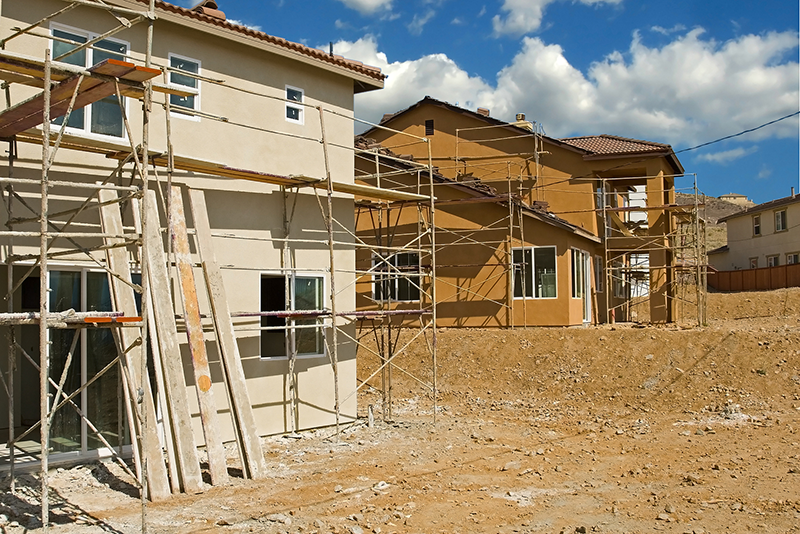Homelessness charity Shelter has published a new report, Building for our future: a vision for social housing, that calls on the government to build 3.1 million new social homes as part of a 20-year housebuilding programme that will offer a property to millions of people who currently fail to qualify for a residence.
Recommendations include providing 690,000 properties for older private renters, those over the age of 55 struggling with high housing costs and insecurity after retirement. In addition, 1.17 million homes are required for younger families who are unable to afford to buy a house and are faced with the prospect of always living in expensive and insecure private rented accommodation.
And 1.27 million homes must be built in order to help those in the greatest housing need – people with disabilities or long-term illnesses, homeless households or those living in very poor conditions.
“There needs to be a profound shift to see social housing as a national asset like any other infrastructure. A home is the foundation of individual success in life, and public housebuilding can be the foundation of national success. It is the only hope the government has of hitting its 300,000 homes a year target.
“The government’s budget for capital expenditure is £62 billion a year – our housebuilding programme would cost only a fraction and is well within its financial reach. With current spending on housing benefit shockingly inefficient, it’s not hard to see what an investment in bricks and mortar could do to help solve the housing crisis and boost our economy,” commissioner Lord Jim O’Neill said.
It was argued that the government can’t sit back and watch at a time when half of young people will never be able to buy a home, while private renters on lower incomes spend 67 per cent of their earnings on rent and when nearly 280,000 people across England are currently homeless.
Further Shelter research shows that in the last 12 months, the overall number of homeless people around Britain rose by 13,000 – and there are now 320,000 people recorded as being on the streets. This means that one in every 200 people are homeless and either sleeping on the streets or stuck in temporary accommodation such as B&Bs and hostels.
London has the highest levels of homelessness, with one in 52 people living in this way. In Brighton, the same is true for one in 67 people, Birmingham one in 73 and Manchester one in 135.
The Homelessness in Great Britain: the numbers behind the story report puts this down to frozen housing benefits, unaffordable rates and a severe shortage of social housing.
Do you need information and help relating to new builds in Hull? Get in touch with us today to find out more.

